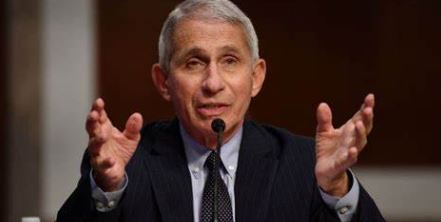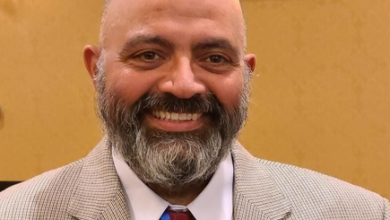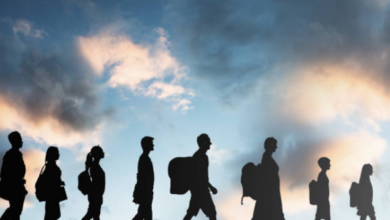Dr. Fauci: Keeping Schools Closed Wasn’t a Good Idea

In recent statements, Dr. Anthony Fauci, a leading figure in the fight against COVID-19, has acknowledged that keeping schools closed for prolonged periods during the pandemic may not have been the best decision. Dr. Fauci’s insights reflect the growing consensus among health and education experts about the negative impacts of extended school closures.
Educational Setbacks
Dr. Fauci and other experts have pointed to significant educational setbacks resulting from prolonged school closures. According to a report by McKinsey & Company, students in the United States experienced substantial learning losses, with an average of five months behind in mathematics and four months behind in reading by the end of the 2020-2021 school year. The disparities were even more pronounced among students from low-income families and minority groups.
Exacerbating Inequities
Dr. Fauci has highlighted how school closures exacerbated existing educational inequities. Research from the Brookings Institution shows that remote learning widened the achievement gap, particularly for students who lacked access to technology and a conducive learning environment at home. These students often fell further behind, struggling to keep up with their more advantaged peers.
Mental Health Crisis
One of Dr. Fauci’s major concerns has been the mental health toll on students. Data from the Centers for Disease Control and Prevention (CDC) indicate a rise in mental health-related emergency department visits among children aged 5-17 during the pandemic. The American Academy of Pediatrics (AAP) has declared a national emergency in child and adolescent mental health, citing increased levels of anxiety, depression, and suicidal ideation linked to prolonged isolation and disruption of routines.
Social Development Impact
The absence of in-person schooling has also affected children’s social development. Studies have shown that young children, in particular, missed out on critical social interactions necessary for developing communication and social skills. The lack of face-to-face interaction with peers and teachers hindered their emotional and social growth.
Economic Hardship for Families
School closures imposed significant economic burdens on families. A report from the National Bureau of Economic Research found that working parents, especially mothers, faced difficulties balancing work and childcare, leading to reduced labor force participation and income losses. Single-parent households and those in essential jobs were hit the hardest.
Moving Forward
Dr. Fauci has advocated for focusing on recovery efforts to address the consequences of school closures. He supports measures such as:
- Remedial Education Programs: Implementing targeted interventions to help students catch up on lost learning.
- Mental Health Support: Expanding access to mental health services in schools to address the psychological impact of the pandemic.
- Resource Equity: Ensuring equitable access to educational resources to bridge the gap exacerbated by the pandemic.
Preparing for the Future
Dr. Fauci emphasizes the importance of preparing for future disruptions by developing flexible and resilient education systems. This includes:
- Improving Remote Learning Infrastructure: Enhancing technology and access to ensure all students can effectively participate in remote learning if necessary.
- Building Strong Support Networks: Strengthening support networks for students, parents, and educators to handle future crises.
Dr. Fauci’s reflections underscore the need to learn from the pandemic’s challenges and build a more robust and equitable education system. As schools work to mitigate the long-term effects of closures, prioritizing the academic, social, and emotional well-being of students remains paramount.





